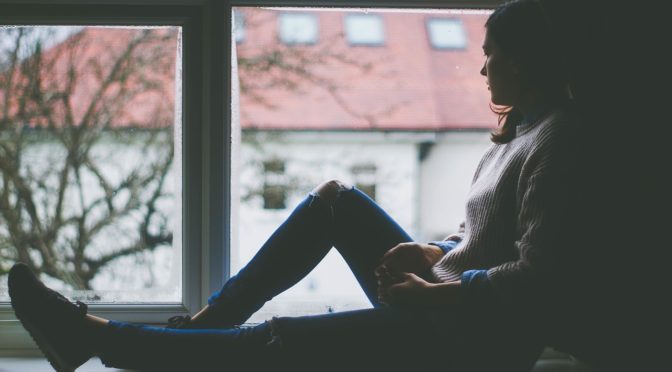In the US, there are more deaths by suicide than homicide; someone takes their own life every 15 seconds. About 60% of suicides are linked to severe depression. Studies reveal that creatives, such as musicians, are more likely than the general population to suffer from depression and anxiety.
Suicide is preventable with early intervention, but those struggling with depression often withdraw. If you know someone who might be depressed, talk to them. Verbalize your concern and willingness to provide support, while encouraging them to seek professional help. Help them set up a proactive support system should they feel imminent risk of harming themselves.
How can you recognize if a friend or loved one needs help? Symptoms to look for include changes in sleep patterns or appetite, social withdrawal or alienation, mood swings, distorted self-perception, increased sensitivity, impulsivity or recklessness, and decreased coping and problem-solving skills.
Having meaningful human contact with a trusted friend can make a huge difference to someone suffering from depression. Reach out to them, making it clear that it is safe for them to tell you how they feel without fearing judgment, pity, or guilt.
What should you say:
“Hey, how are you? I mean, how are you, really?”
“I noticed you’ve been a little distant lately. Is there something you’d like to share? Would you be willing to talk about it with me?”
“I see you are hurting, and I’m here for you. I know there’s nothing I can say to fix your hurt, and I might not understand it, but I’m so grateful that you are allowing me to listen.”
What you should not say:
“If you try, you’ll feel better” or “You’re too focused on your (insert mental health ailment), you should focus on the future.”
“What’s the matter with you? Why haven’t you been (going out/calling/responding to texts/meeting up with friends)?”
“It could be worse,” and “At least you aren’t (insert bad situation)”
The New Orleans Musicians’ Clinic’s “You Got This” program provided much of the information found in this article.“You Got This” is funded by Broadway Cares.


